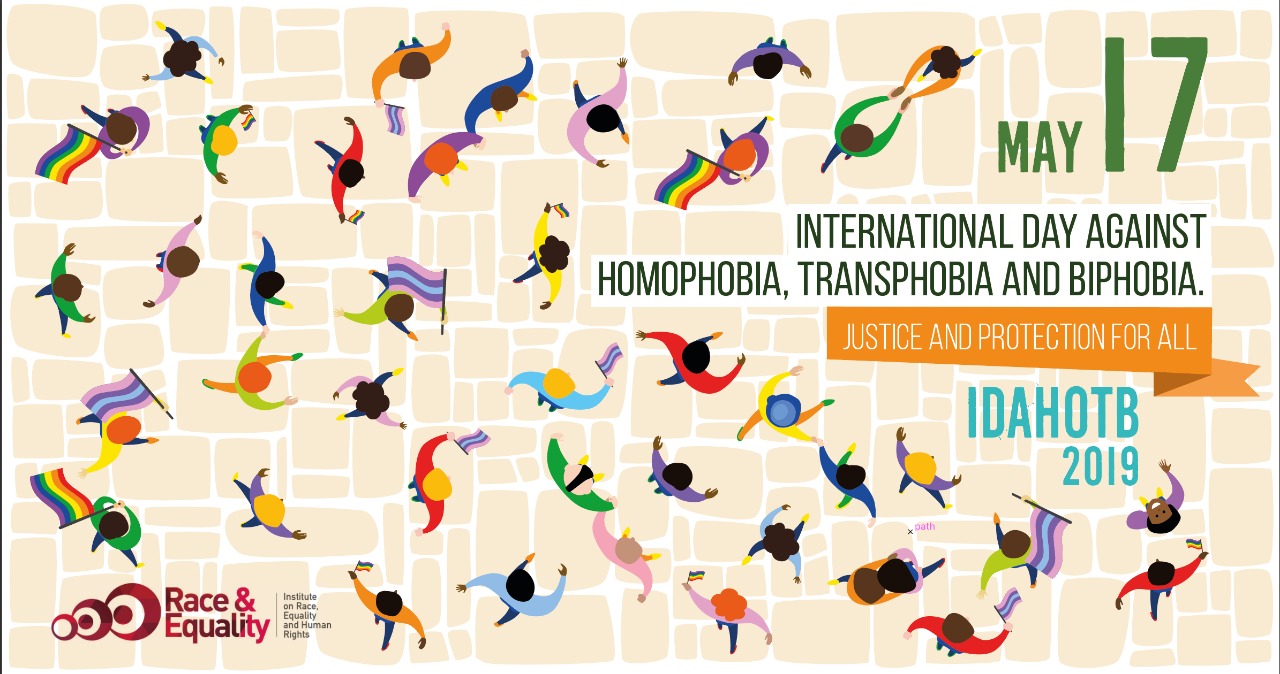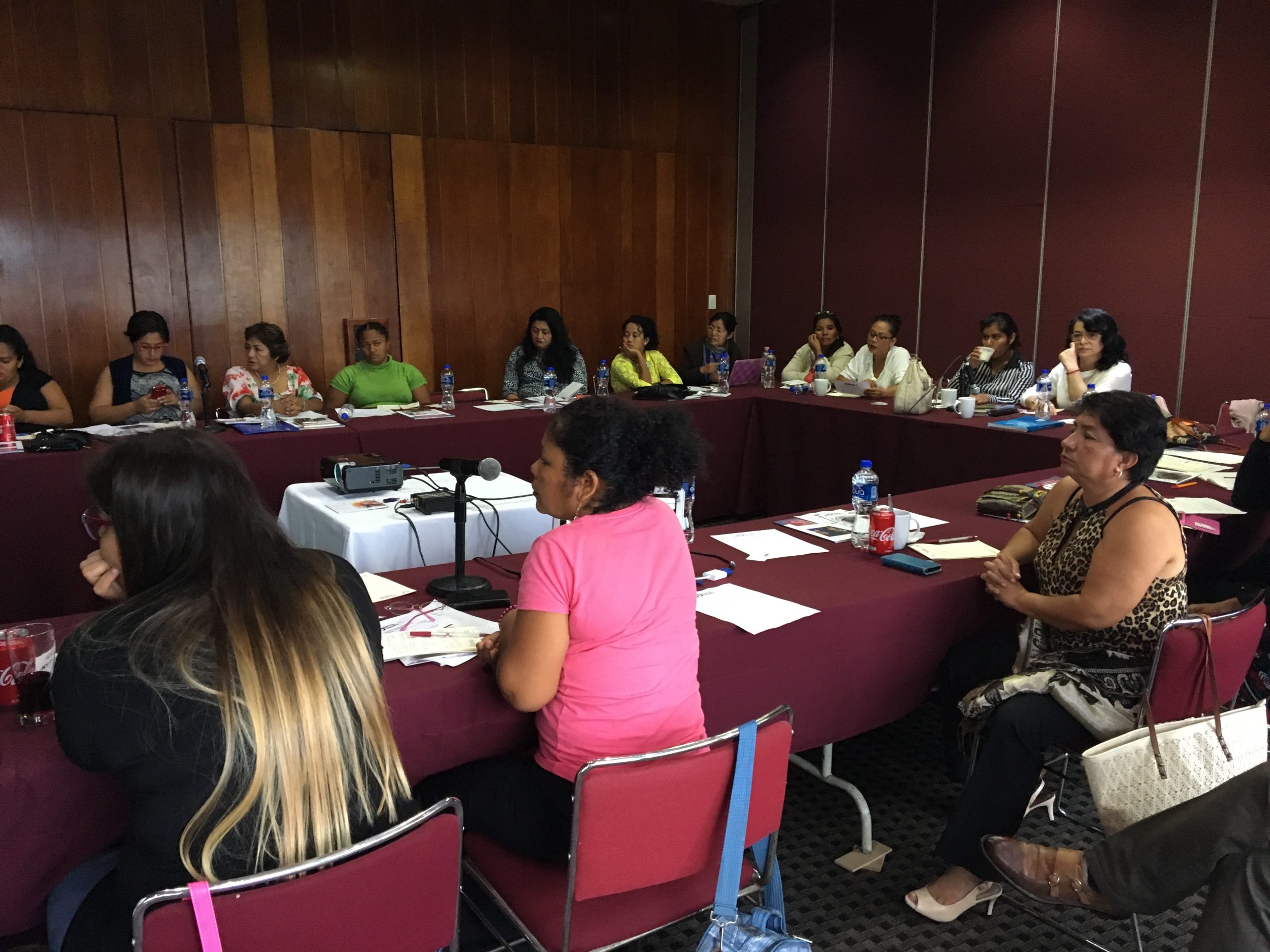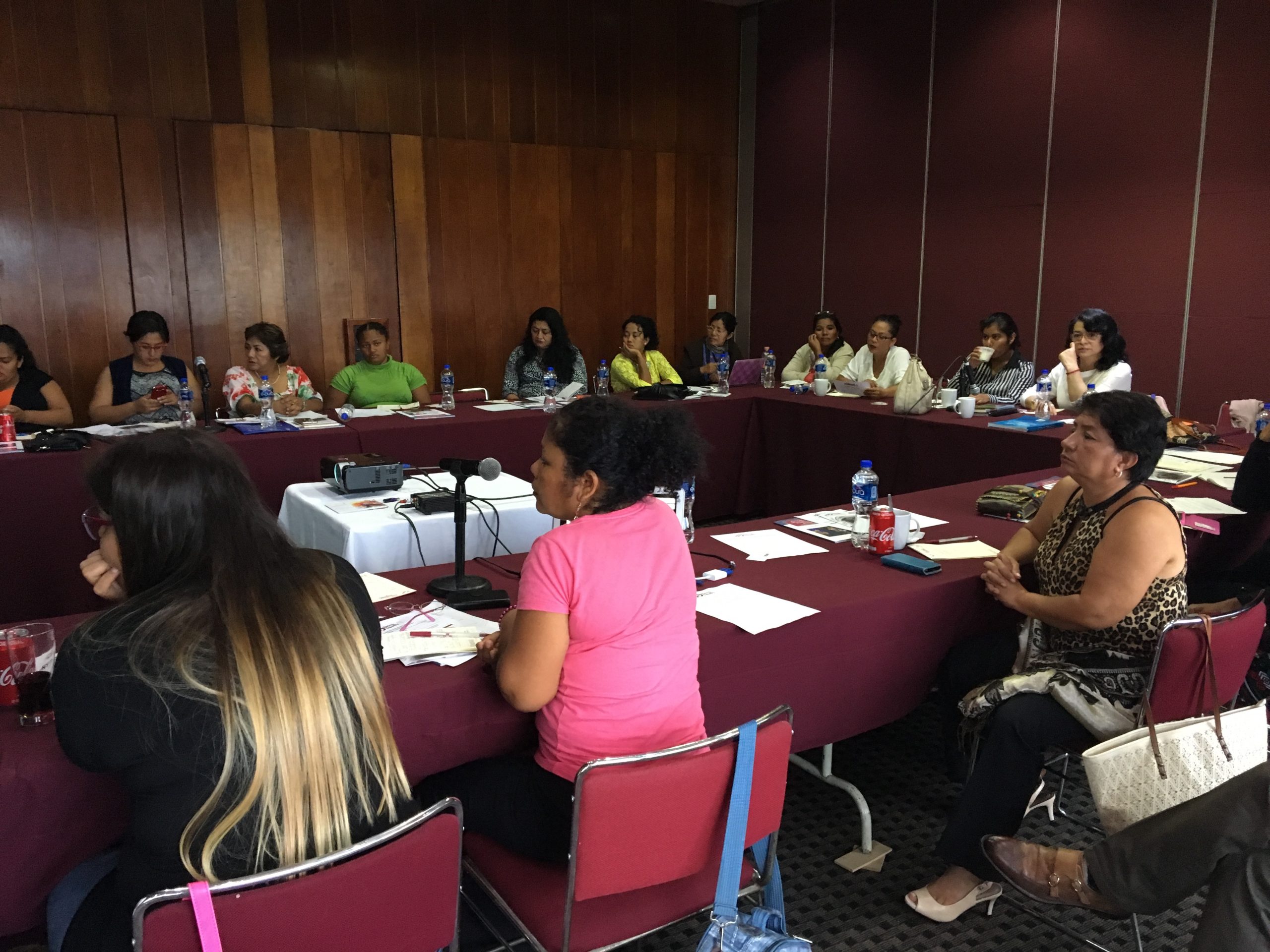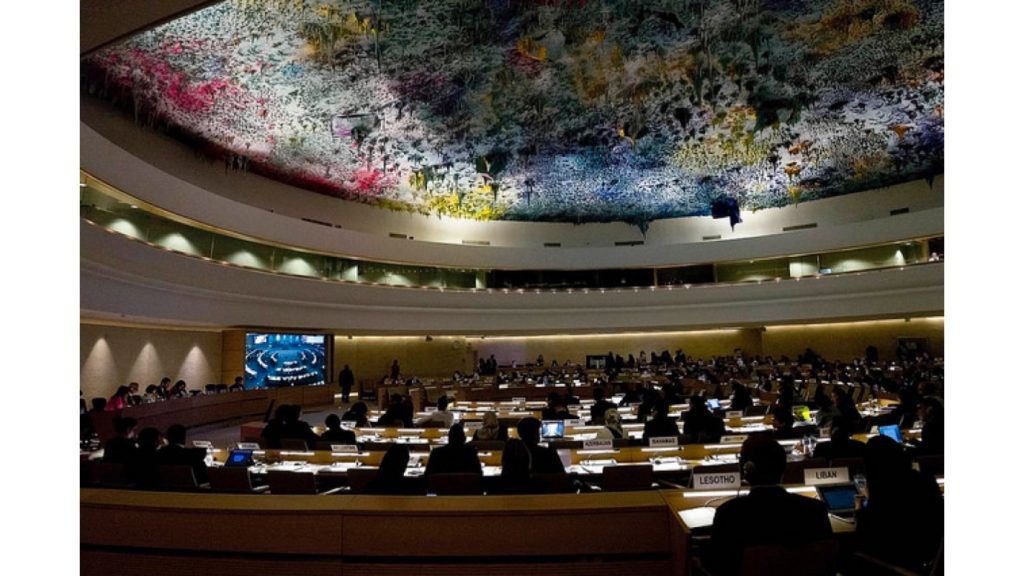International Day Against Homophobia, Biphobia and Transphobia.
While commemorating the International Day Against Homophobia, Biphobia and Transphobia, we remember the unmet obligation of all countries, especially those in Latin America and the Caribbean, to support persons with […]

While commemorating the International Day Against Homophobia, Biphobia and Transphobia, we remember the unmet obligation of all countries, especially those in Latin America and the Caribbean, to support persons with diverse sexual identities and gender expressions, as well as to acknowledge and protect their rights. Respect for these rights must be the base for creating public policies and programs that create diverse, peaceful, and just societies.
Although there has been considerable progress in the recognition of LGBTI rights for people around the globe, violence that endangers the physical and moral integrity of those who express diverse sexual orientations or gender identities is still prevalent. A general lack of concern and complicity on the part of the general population perpetuates and makes it impossible to overcome structural violence against LGBTI people. In addition, the lack of access to health, education and work services of these individuals reproduces dynamics of poverty, discrimination and violence.
In Latin America and the Caribbean, acts of hate and discrimination are often based in religious beliefs or principles. These dogmas frequently restrict identity to binary gender norms that do not recognize diverse expressions, and prevent this population from asserting their rights in social and political spheres.
The Experience of LGBTI People in Latin America
The outlook for LGBTI people in Latin America and the Caribbean for 2019 continues to be discouraging. They are facing the threat of losing advancements that were already fought for and won because of efforts of fundamentalist groups that are continuously spreading misinformation and stigma against LGBTI individuals.
Similarly, it is concerning that intolerance continues to be one of the main motives behind murders committed against LGBTI people, which are often carried out with excessive cruelty. Statistics on these crimes are mostly collected and analyzed by civil society, while States show a lack of interest in collecting this information or in adequately documenting and investigating these crimes.

Brazil, for example, is a country with one of the highest rates of murders of trans persons, according to a report presented by Brazil’s National Association of Travesties and Transsexuals (ANTRA) and the Brazilian Trans Education Institute (IBTE). The report documents that in 2018 alone, a total of 163 trans individuals were violently murdered because of their sexuality and gender expression. According to ANTRA’s president Keila Simpson, these cases occurred during an election period and were motivated by anti-LGBTI speeches given by some of the Brazilian presidential candidates. This situation continues to deeply concern civil society organizations that are working on the defense of LGBTI rights, especially in the context of the current Bolsonaro regime in Brazil. This regime has emphatically refused to denounce or even acknowledge the existence of the concerning violations of LGBTI people’s rights.

Likewise, in the Dominican Republic, the situation for LGBTI people is alarming because of the lack of public policies that promote social acceptance. Civil society organizations have reported many cases of violence against these individuals, but they are not taken into account by state institutions or mass media. According to the last annual report made by the Inter-American Commission on Human Rights, this situation results in greater discrimination against LGBTI people, who also face discrimination based on nationality, race, ethnicity, religious beliefs, gender, etc.
The Dominican State’s refusal to acknowledge the rights of LGBTI rights allows for social acceptance of violence and aggression towards these individuals. Even state authorities often do not see this violence as a problem, as described in a report published by Amnesty International and TRANSSA Trans Siempre Amigas on abuse, violence, and police harassment against trans women sex workers. These women are victims of constant acts of violence perpetuated by police agents who are motivated because of prejudices around their gender identity.

During this significant day, it is important to consider the difficulties that people with diverse sexual identities and gender expressions have in accessing justice. Particularly, laws and government programs in most of the countries of the region have partially or completely ignored the specific ways the LGBTI population’s rights are violated. State responses to these violations must be designed for the specific needs of this population. For example, according the Victims Registry (Registro Único de Víctimas – RUV), created as a part of the Colombian peace process, 3.368 victims of the armed conflict are reported and recognized as LGBTI. Most of them are reported as victims of forced displacement, threats, homicides, and crimes against sexual freedom and integrity. However, one person may have been victim of multiple crimes. Colombia must use these statistics to create programs to address the specific needs of the LGBTI population, who have been victimized in multiple ways.
Challenges for inclusion
To decrease the poverty and marginalization experienced by LGBTI individuals, shared prosperity for all social groups must be promoted. States have a duty to work toward this, given that one of the principles of the Sustainable Development Goals (SDGs) is to “not leave anyone behind.” Additionally, the five areas for the protection of LGBTI people prioritized by the United Nations Development Program (UNDP) are: 1) economic wellness; 2) personal safety and elimination of violence; 3) education; 4) healthcare; and 5) political and civic participation.
There are still many challenges in the region for protecting the rights of LGBTI people. One of these challenges is the lack of data about the LGBTI population and their needs. If States have no information on LGBTI people, they cannot design programs that will have the needed impact. This lack of data also impedes the development of progressive policies that can achieve the SDGs and the goals of the UNDP.
LGBTI people are victims of intersectional forms of violence that interact with prejudices about their sexual orientation or their gender identity. For example, the violence against an Afro-descendent trans woman who lives in a rural area must be thought from an intersectional perspective that considers these different aspects of identity. This intersectionality is lived by many LGBTI individuals and is not contemplated by States when planning strategies to guarantee their rights. In consequence, gay, lesbian, bisexual, transsexual, and intersexual individuals are revictimized because their reality is not adequately analyzed.
Regional governments should start implementing intersectional policies that recognize the multiple oppressive experiences lived by each person. These policies must recognize that individuals do not fall under one category, but experience the world in ways influenced by their many different identities, including race, age, sexual orientation, and gender identity. In most cases, these identities interact and are experienced intersectionally. Having separate policies for different population categories continues to isolate people and produces more barriers to access to rights.
Secondly, there must be recognition of the particularly vulnerable populations that require immediate and clear protection from the State. Homicidal violence and violence perpetuated by State armed agents against trans people in general, and Afro LGBTI people in particular, shows the need for a prompt solution. The structural discrimination against this population requires a significant intervention from the States and should be prioritized in the region in order to substantially decrease those cases of violence and abuse.
Finally, the current context shows an increase in the popularity of religious fanaticism, which endangers not only the safety and integrity of LGBTI individuals, but also the development of democratic and secular States. Religious fanaticist ideas are boomerangs that tend to hit their own promoters. Tactics of moral blame, sexual repression, or criminalization of people based on religious beliefs promote social instability and lead to a radicalization of opinions and actions. The defense of a secular State is more important than ever when specific religious groups are trying to violently impose their beliefs on others.
Statement
The Institute on Race, Equality and Human Rights (Race & Equality) joins its voice to thousands of organizations working for the protection of LGBTI people’s rights so that “Justice and Protection for Everyone” can be a commitment assumed by the States and a reality for all individuals. In making this commitment, policies and actions have to be made to protect those that have historically been more vulnerable and oppressed by those who have abused their power.
Race & Equality is aware of the importance of listening to the voices of LGBTI people and calls on States to promote education and dialogue so that inequality, discrimination, and marginalization can be eradicated. Likewise, we urge the international community to continue making statements to promote the protection of LGBTI individuals, especially in this moment of crisis for human rights throughout Latin America and the Caribbean.


